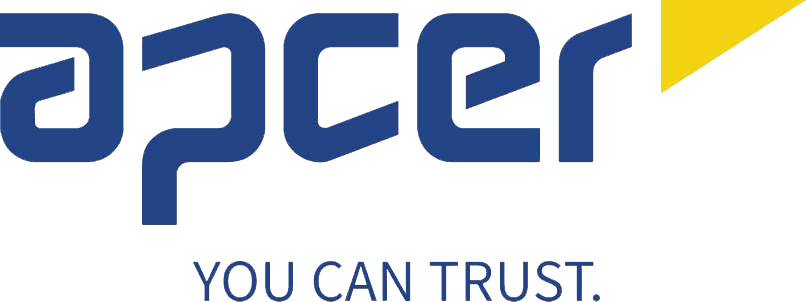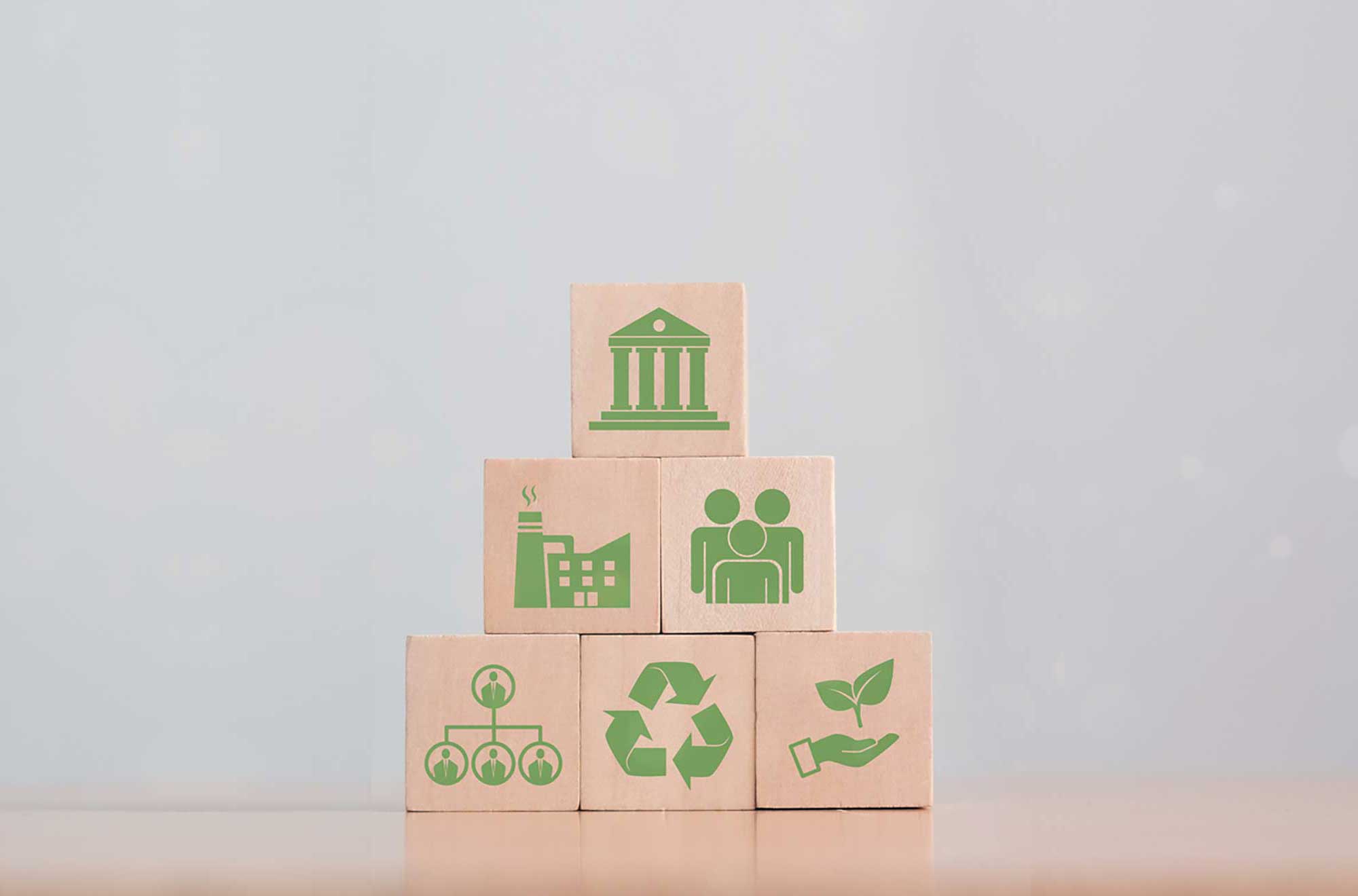"Many organisations' growth concepts focus only on the fruits, but they do not factor in the roots that actually produce these fruits"
Christian A. Schwarz
An organisation's growth depends on the quality of its products and services, its distinctive marketing, its positioning on the market – often foreseeing the needs of its customers – and on the way, in which it establishes and implements its mission, vision, and principles. In this article, we will take a look at supply chain management in a unique globalisation context and see how this management is directly related to its success and growth.
Supply chains are the link between organisations, scattered across various countries and continents at a large scale, in an increasingly globalised world. It is likely that we have never experienced this globalisation in such a profound and alarming way as we are now with the Covid-19 pandemic. We have never been so aware of how dependent we are on each other and how this relationship can affect our survival – even at the most basic level.
This interdependence phenomenon in business poses a significant risk to organisations since their quality standards and materials and product availability are firmly rooted in their entire supply chain. Against this backdrop, it would be worthwhile for companies to spend some of their management time on questioning their supply chain, familiarising themselves with their partner organisations, and challenging themselves to establish relationships that go far beyond the price to be paid, which is often times the only decision-making factor. Companies should not see this time as a fruitless endeavour but rather as time invested with a return for the organisation's success.
Monitoring suppliers from different geographical regions is an essential activity for reducing business risk and for an organisation's success. However, the supplier monitoring and supervision processes consume time and resources that organisations do not always have at their disposal. Second-party audits, or supplier audits, are one of the tools available to top management to rectify these constraints. This tool – when performed by external entities through an independent verification by competent professionals – reduces the costs associated with supply chain management activities, decreases the amount of internal resources that are devoted to these activities, and provides management with data on their supply chain's performance.
Conversely, audited suppliers are motivated to meet the requirements that their customers request in several areas by introducing internal improvement processes that will be recognised in the commercial relationship of the organisation that requested the audit, and which can be leveraged for other commercial relationships.
Currently, the most common areas for supplier audits are social responsibility, food safety, product quality, traceability in the supply chain, compliance with environmental requirements, health and safety at work, and legal and/or contractual compliance.
It is worth noting customers' growing demand for compliance with social responsibility requirements throughout their entire supply chain, both directly and indirectly. The Ten Principles of the UN Global Pact have been a source of inspiration in the creation of many organisational codes of conduct. The primary objectives of the established codes of conduct aim to guarantee the following in the supply chains: fair working conditions, respect for human rights, compliance with applicable legislation, and a guarantee to fulfil workers' rights. These objectives incorporate environmental principles and anti-corruption policies. Consequently, the organisations are bound to an ethical and responsible commitment to reinforcing the brand's values, achieving deep, long-term relationships with their customers and other interested parties, and improving the world at their scale.
The learnings that have resulted from following social responsibility requirements have undoubtedly led to improvements in working conditions and to a respect of human rights, not at the speed that many of us would like but gradually, since we want it to be more deep-rooted than circumstantial.
APCER performs audits on suppliers (second-party audits) for different fields and in different geographical areas of the world according to the requirements set forth by its customers. We develop solutions – tailored to our customers' needs – for performing audits in supply chain management. In the field of social responsibility, APCER is an auditing company that has been approved by amfori to conduct audits according to the BSCI Code of Conduct, which aims to ensure compliance with basic social responsibility requirements. APCER is also a partner of major brands – particularly in the field of textiles – for performing this specific type of audits. We have a dedicated client manager, we work with highly qualified auditors, and we provide detailed reports containing information that is relevant for the organisation that requests the audit.
Audits are always windows of opportunity for all organisations.
Susana Pacheco
Product Manager | Supply Chain APCER














